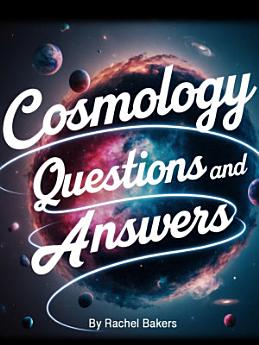Cosmology: Questions and Answers
O ovoj e-knjizi
What exactly happened during the Big Bang remains one of the most profound mysteries in science. The earliest moments we can reliably describe begin about 10^-43 seconds after the initial event, a time period called the Planck epoch. Before this moment, our current physics breaks down because the four fundamental forces of nature—gravity, electromagnetism, and the strong and weak nuclear forces—were unified in ways that require a theory of quantum gravity we don't yet possess. During these first inconceivably brief moments, the universe underwent a period of exponential expansion called cosmic inflation, growing from subatomic to astronomical scales in a fraction of a second.
Why did the Big Bang occur at all? This question pushes against the very limits of scientific inquiry, since asking about causation before time itself existed presents philosophical and physical challenges that may be fundamentally unanswerable through empirical methods. Some cosmologists propose that our universe emerged from quantum fluctuations in a preexisting vacuum state, while others suggest it represents one bubble in an eternal multiverse where Big Bangs occur continuously. The honest scientific answer is that we simply don't know what, if anything, caused our universe to begin existing.






